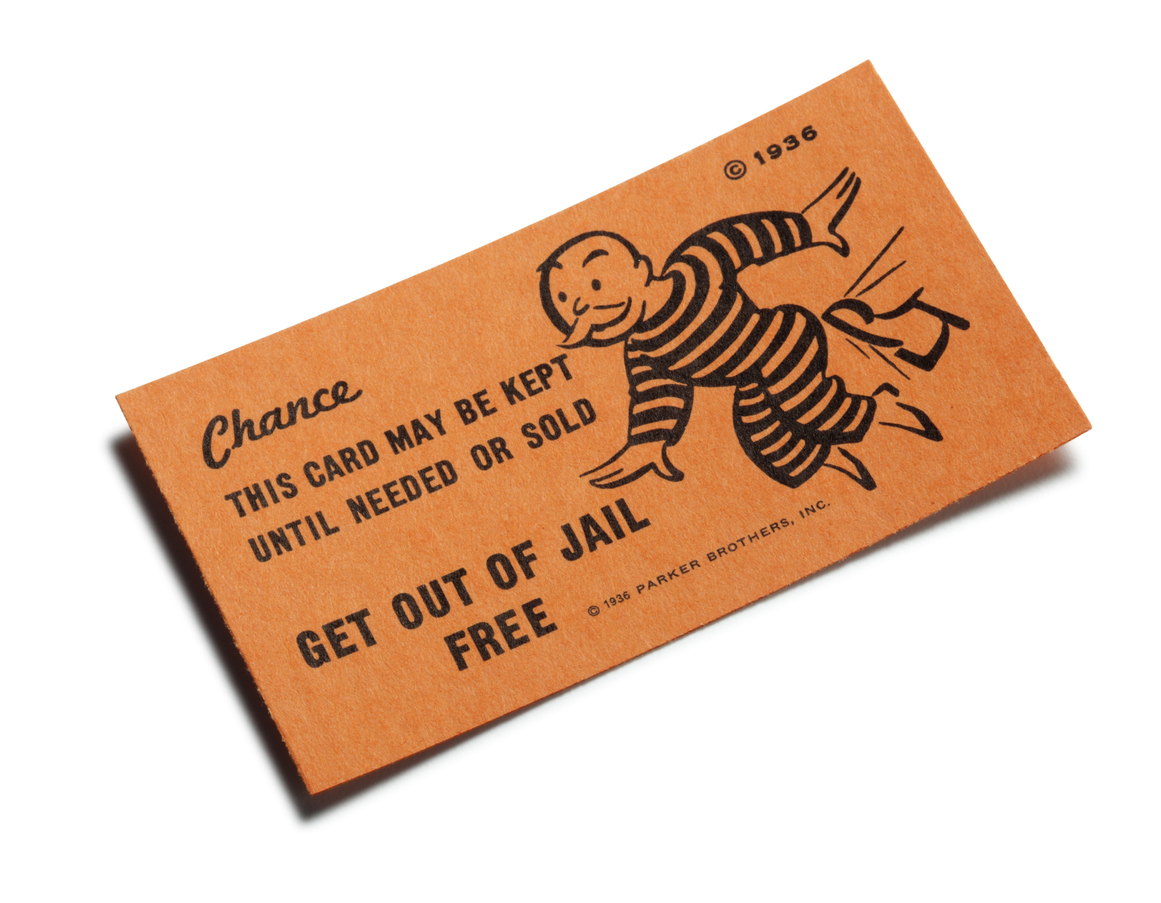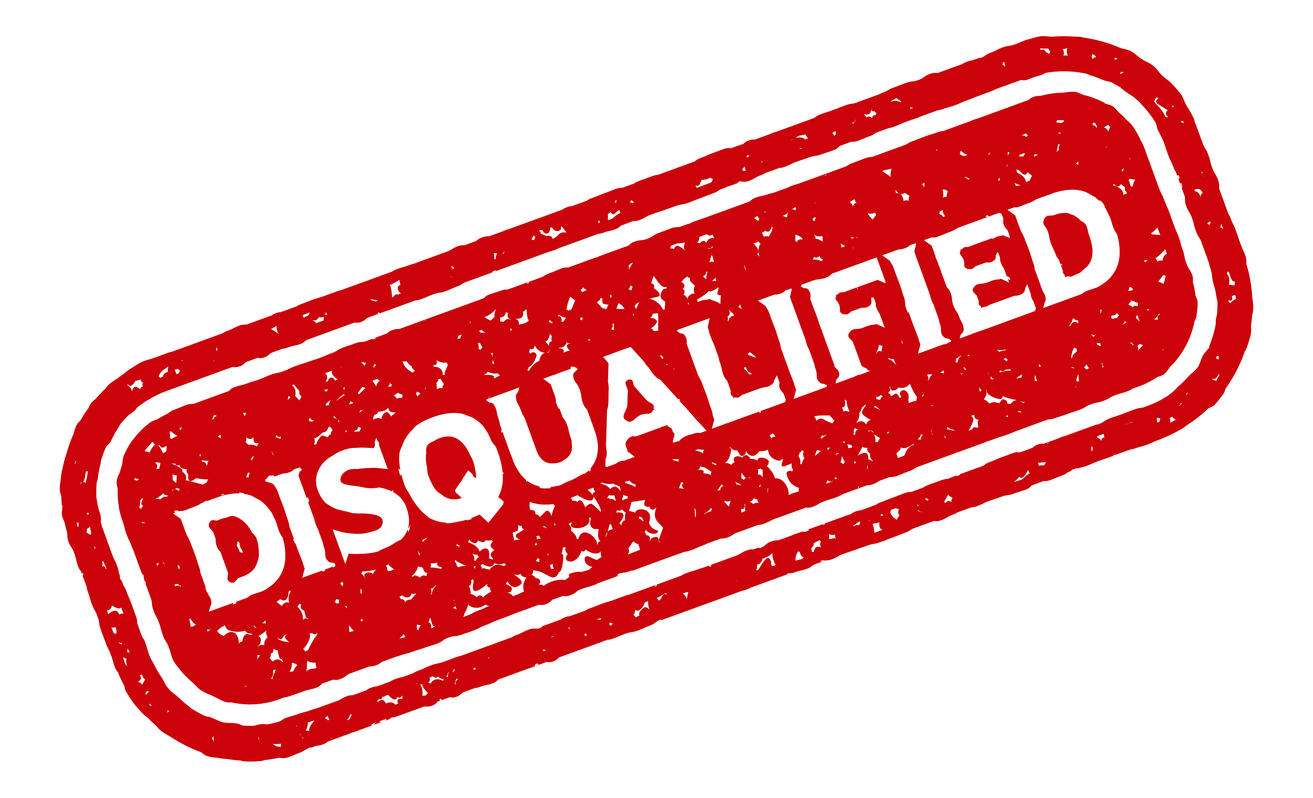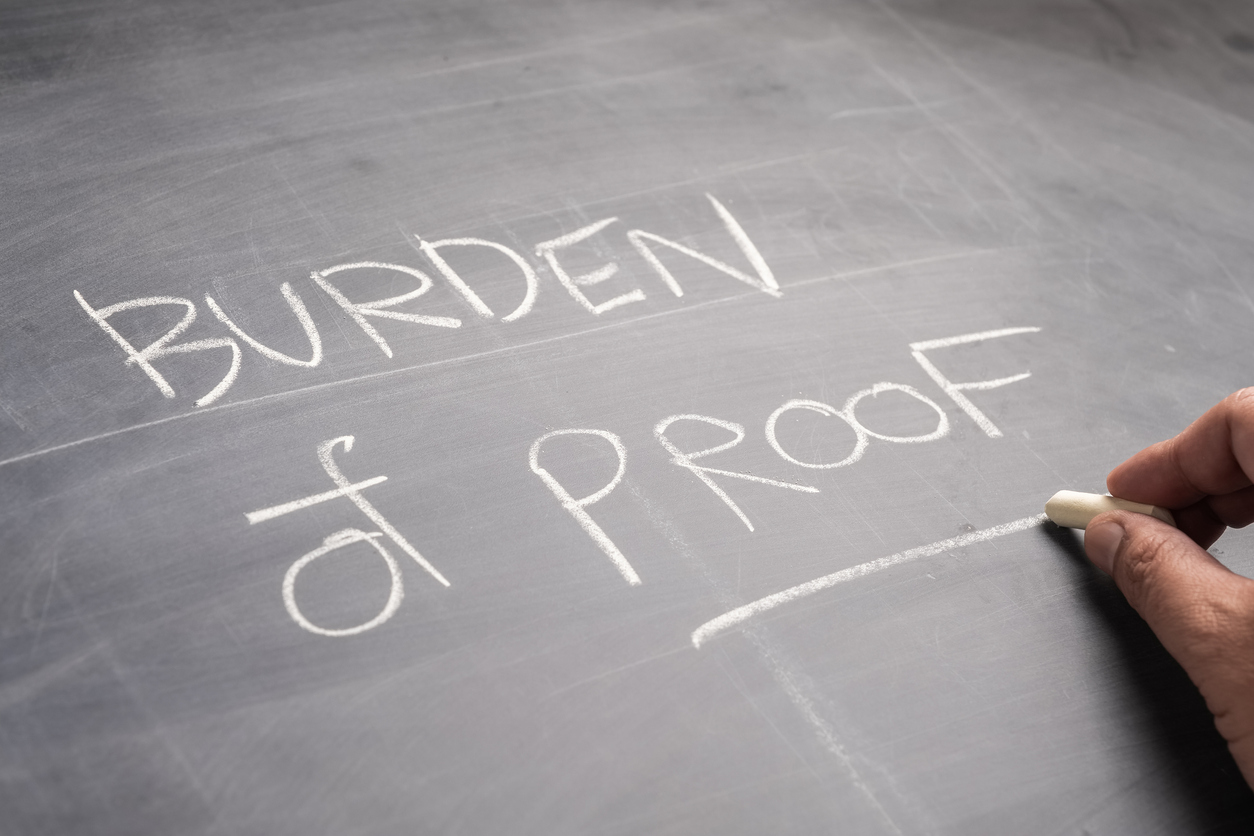Does anybody think that TWIA is doing a "good job" of adjusting hurricane claims other than the private member insurance companies on TWIA’s Board of Directors? In a prior post, TWIA Insurance Claims Under Investigation by Regulators and Media, I noted that the Texas Department of Insurance attorneys are conducting an investigation into activities of TWIA’s claims conduct. The Houston Chronicle’s Purva Patel has been doing her own outstanding investigative reporting which is providing shocking and needed transparency into the real world activities that have gone on in the field concerning TWIA’s claims conduct and the motives behind it.
I have often indicated that when insurance company claims executives start developing attitudes of ensuring no overpayments occur, there is only one way for a claims adjustment to go. Implied threats to field adjusters’ financial incentives through a number of methods is one method claims executives use to create a culture of underpaying claims. This appears to be the case as disclosed in the article which referred to internal TWIA documents:
Worried About Overpayment
But when USAA, a private insurer that also handled some claims for TWIA, used prices from industry software, a TWIA manager worried that USAA was paying more on losses than other adjusters. “This could create a problem at TWIA in the long run if it is discovered that USAA was allowed to do something different than the other” adjusting firms, Reggie Warren, vice president of claims, wrote in an e-mail to USAA.
In the same e-mail, he grants USAA permission to use the software, but suggests the association should rethink its contract with the company. A spokesman for USAA declined to comment.
The implication is obvious to USAA–"lower your prices or risk the possibility that your catastrophe adjustment contract will be terminated." Can there be any other reasonable implication meant by the email from the TWIA claims executive to USAA? Such an email is far different than:
We have very different pricing numbers for construction. We need to meet with you to go over how you have determined your numbers to reconcile the differences. If you are right and we are wrong, TWIA has been severely underpaying our customers for amounts owed and we will have to start re-opening claims to make certain our customers get every penny they deserve.
The documents referred to in the article are far from that type of attitude. Yet, such an attitude should be easily apparent from claims executives memos and training if an insurer truly has a claims culture based upon "good faith."
Instead, TWIA attorneys are spinning the claims attitude as TWIA executives being responsible for preserving assets. Those same attorneys are also seeking to avoid accountability for the wrongful claims conduct as indicated in Purva Patel’s article "Windstorm Insurer Seeks Immunity in Lawsuits."
…lawyers for policyholders say the association is effectively a private company, and that immunity would let the insurer escape consumer protection laws. More than 900 lawsuits against TWIA could hinge on how courts rule on the immunity question.
Nearly all of the lawsuits seek punitive damages, attorney fees and other amounts beyond what policies provide, Mike Wilson, an attorney representing the insurer, said in a written statement.
“TWIA wants to pay all claims that are owed under the policy,” he wrote. “For claims that seek money damages beyond policy benefits, the association has a duty to conserve TWIA’s assets so that affordable windstorm and hail insurance is available to all policyholders.”
See the clever "spin?" Those attorneys suggest it is better to break the obligation of good faith because they have an obligation to other customers to preserve money. They seek to avoid accountability for mistreating customers under a worthy, but false, pre-text–making certain there is money in the treasury for other losses. The effect is that while rules of good faith apply, there is no penalty for breaking any of the rules. I wonder if those other customers think they will be treated differently and in good faith when they eventually have a claim? Is it right to cheat people out of money or not pay fully on a debt to make certain there is money in the treasury?
Some political leaders in Texas have caught onto this claims mess and are also calling for regulatory action.
One lawmaker found the allegations and documents so alarming he called for an investigation of the insurer and its oversight by the Texas Department of Insurance. “The documents demonstrated a callous attitude toward insured families of the Texas coast,” Sen. Rodney Ellis, D-Houston, said in a written statement.
“These documents demonstrate a pattern of deception resulting in wrongful underpayment and denial of Hurricane Ike claims by TWIA.”
I made a comment yesterday to some insurance industry executives serving with me on the Windstorm Network’s Board of Directors that ‘TWIA claims executives make you guys look like pussycats when it comes to hardball claims practices.’ They were amused by TWIA’s practice of refusing to pay for adjusters time and work when a file was re-opened. I know of no other insurer with such a scheme from trying to get the full amount paid as reported by the Houston Chronicle:
By November, TWIA was getting hit with requests from policyholders asking for their homes to be reinspected. If an adjuster finds more damage upon additional visits, they submit what’s known as supplements to the claims.
…
In an e-mail to an adjusting firm in November, Warren noted that many of the adjusters it used were inexperienced and “not getting the job done.” If adjusters had done a better job the first time they visited a site, there would be fewer files to reopen, he noted.
Despite acknowledging TWIA could face many reopened claims because of adjuster mistakes, the insurer made it hard for homeowners to get their claims reexamined, according to the lawsuit. Warren told adjusters in a memo that homeowners had to have credible evidence to force the reopening of a claim. An estimate from a public adjuster — independent adjusters hired by homeowners — was not enough, according to the memo.
To make matters worse, in late 2008 TWIA restructured how it paid adjusters for re-inspections, effectively discouraging them from looking for more damage…After Dec. 1, adjusting firms earned $105 plus time and expenses if they denied a claim….If they found more damage, they risked not getting paid at all if TWIA determined an adjuster erred during the first inspection…
I recently read an interesting engineer’s report attacking the opinion of a Safeco engineer’s report. In it, the engineer was so upset with the Safeco’s engineer that he wrote that Safeco was "peeing on my leg, but telling me it was raining." I suggest that many of TWIA’s customers feel the same way when reading the responses from TWIA’s claims management.



